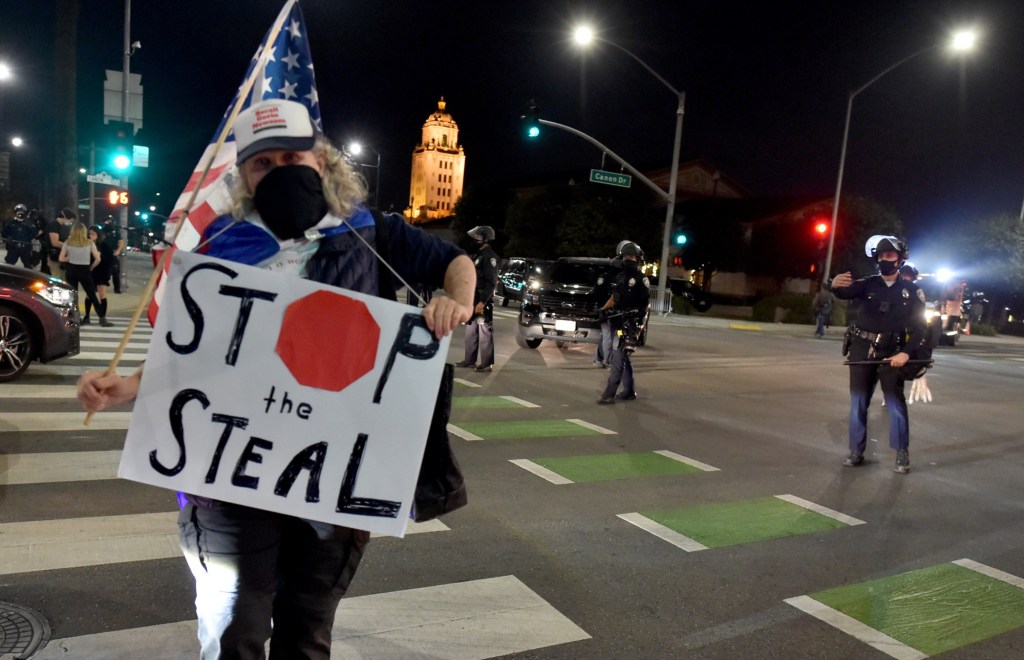The term “alternative facts,” made popular by Kellyanne Conway in 2017, fascinates me both as a scientist and as an artist.
When questioned by news outlets, Conway used “alternative facts” to explain the discrepancy between the White House's inauguration attendance numbers and verifiable numbers from multiple federal agencies. With her actions, Conway ushered in a new standard operating procedure: misdirecting the narrative by using biased opinions to turn verifiable facts into “alternative facts” or the now infamous deflection tool “fake news.”
As an artist, I often wonder why a particular painting was rejected in an exhibition by one jury but awarded a prize in another venue. Are exhibition juries also guilty of using “alternative facts” to justify their decisions? Why? The painting in question is physically exactly the same; the same colors, the same texture, the same style. Given these exact same verifiable facts, why would one jury reject it and another award it? Can these same verifiable facts be altered by personal opinions and feelings?
As a scientist, no, facts are facts. As an artist, yes, emotion, passion, and opinion can dictate our acceptance of whether a fact is true. Could this same psychological phenomenon provide a way to understand how emotion and opinion influence our understanding of how politics currently operates?
In the current political climate, supporters of former President Donald Trump seem to be “driven” by emotion and opinion. This contrasts with citizens who truly want to pursue justice and truth. Despite numerous state and federal court rulings, special committees, and congressional investigations, Trump continues to claim that the 2020 election was “rigged” and that he is the legitimate choice of the American people. Despite a mountain of evidence to the contrary, a significant number of Republican supporters continue to believe his words and actions, driven by emotion and stubborn opinions, regardless of verifiable facts.
Can verifiable facts be presented to persuade an exhibition jury to reverse their original decision to approve or reject the same painting? In my experience as an artist, no. Can verifiable facts be presented to persuade a Trump supporter to retract his support? Apparently not.
Our long-established systems of local, state and national governance are currently under attack from the extreme forces of the far right versus the far left, verifiable facts versus alternative facts, and fake news promoted by rogue media platforms. How can we as a nation move to the center of the political spectrum and conduct our country's business fairly and efficiently if alternative facts, unsupported opinions, and unchecked emotions are more important to making important choices than accepting verifiable facts?
In every upcoming election, Americans will have the opportunity to vote whether they will embrace alternative facts, fake news, and unfiltered emotion, or whether they will passionately support governing our country using verifiable facts. As a scientist who relies on verifiable information with the passion of an artist, I hope that all Americans choose and support the latter fact-based choice. If not, true democracy may cease to exist.
Copy story link
Invalid username/password.
Please check your email to confirm and complete your registration.
To reset your password, please use the form below. After submitting your account email address, you will receive an email with a reset code.
” previous
Commentary: Public trust is at an all-time low. How do we build momentum?
Related article




